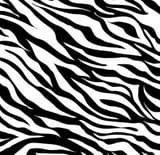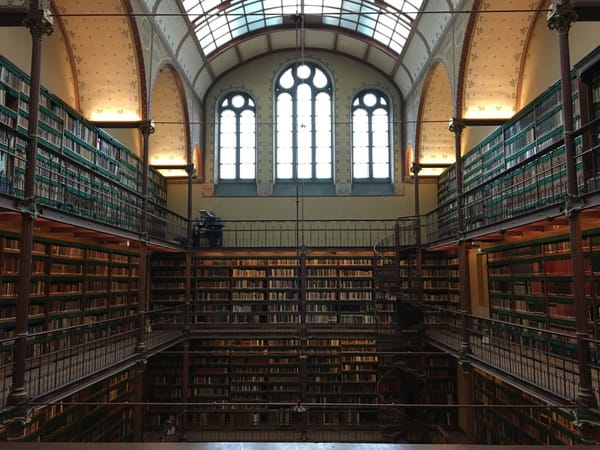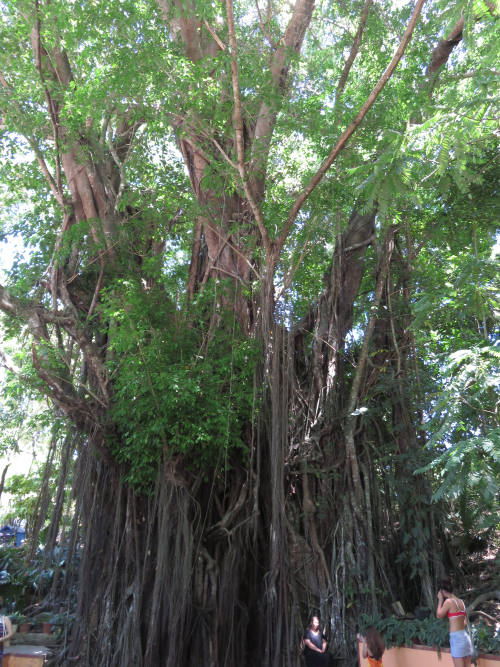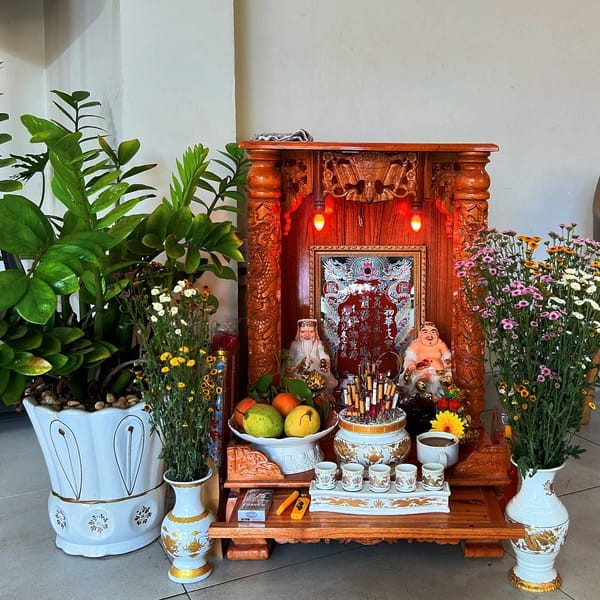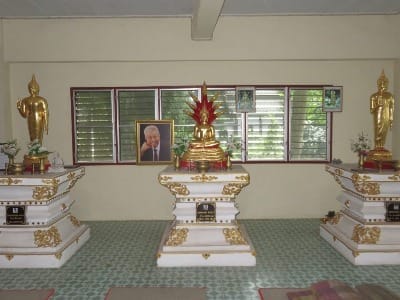how can artists coexist with ai?
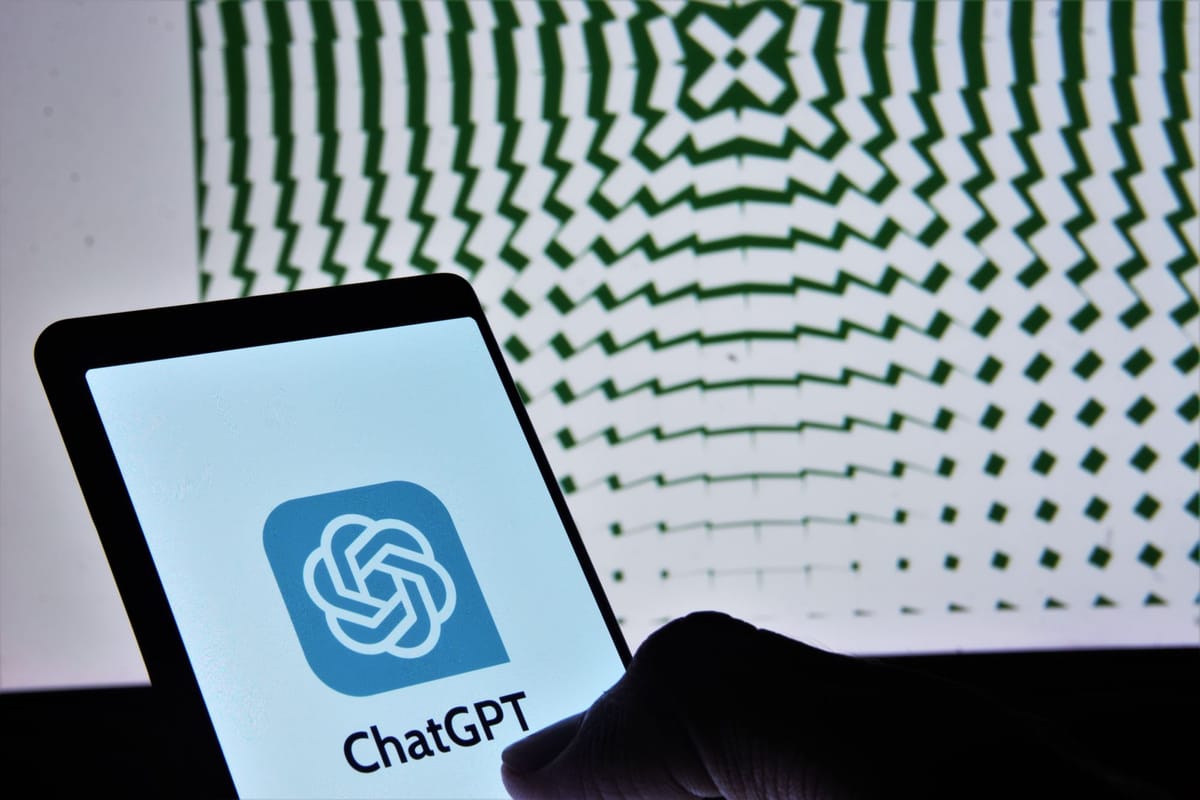
For many creatives, a newly uncovered sense of threat and uncertainty surrounds the subject of AI art.
This year, the real power of modern artificial intelligence has been revealed, with Chat GPT composing detailed responses to questions within seconds, and new generative AI art software churning out images at a never-seen-before rate.
Accordingly, the conversation around how we should progress with this new technology as a culture has been more prevalent than ever.
Schools are wondering how to differentiate between an artificially generated response and a researched, planned and considered one, and artists are considering how they will get paid for their work when AI is now a serious competitive force.
AI possesses a work rate unrivalled by any human being. Nobody can create an image as quickly as these new programs can.
So, in order for us to keep young artists encouraged, and to keep human-made art at the forefront, there must be aspects of art that we value above how quickly a result can be produced.
Art has always been the human being's way of communicating the worlds within and around them - it is deeply tied to our experience as sentient, conscious, and emotional beings who have the capacity to perceive, to feel, and to reflect.
For some consumers, art is a way to learn about the past. For others, a way to try seeing through the artist's perspective, and perhaps to learn more about their own - about perspective itself.
And, for most artists, their craft is nothing short of therapeutic. A way to release pent-up emotions, to express their darkest shadow or materialise their brightest vision. In this sense, could it be the relationship between creator and creation which we should be valuing most?
Somewhere along the line, we mistook creativity's value as purely product based, which has led us to this crossroads - in which true expression is seemingly at risk of being undervalued against the fast production of images.
But perhaps the value of art lies in its process, which is anything but linear. The mistakes made in the creative process, the trials and errors, the experiences and emotions that are encountered along the path.
These are the things which make art human. Machines cannot think independently, feel feelings and do not possess a conscience (yet, at least). Humans have these sensitivities, and so our art remains richer in meaning, with its roots in real experiences.
So how should we coexist with our technological creations when they may threaten our ability to sustainably create? How do we better understand what we've made and its implications on people, their livelihoods and the future of humanity in general?
Should we create other AI to recognise generated art so that we can differentiate? Is this fighting fire with fire? Would it even work?
Or, do we try to humanise our AI, and work alongside it? Maybe artists could use it as a tool to help them actualise ideas, and we could see some of the most considered and intricate pieces being produced at a faster pace. But what about the artists who can't access such technology? Where will their stories be told?
Who knows, maybe one day our technology will be capable of experiencing things first hand - in which case, the line between human and AI art will be harder to define. How would this affect the value of human made art?
I don't know the answers to these questions, but I believe it's of every importance that we now ask them. Having conversations like these dissipates the stigma and fear around AI, which now seems essential considering AI is already here, and most likely here to stay for good. It isn't a question of 'what-if' anymore, riddled with reference to movies like Terminator and The Matrix, but an impending reality that we must face.
If we do ignore what is happening, the era we are entering is at risk of becoming a cold, technological dystopia - devoid of art with any real meaning. But maybe this point in time will act as an opportunity to reflect upon what we value most about art as a culture, so that regardless of technological progress, we acknowledge and appreciate the human's precious creativity above profit and convenience.

